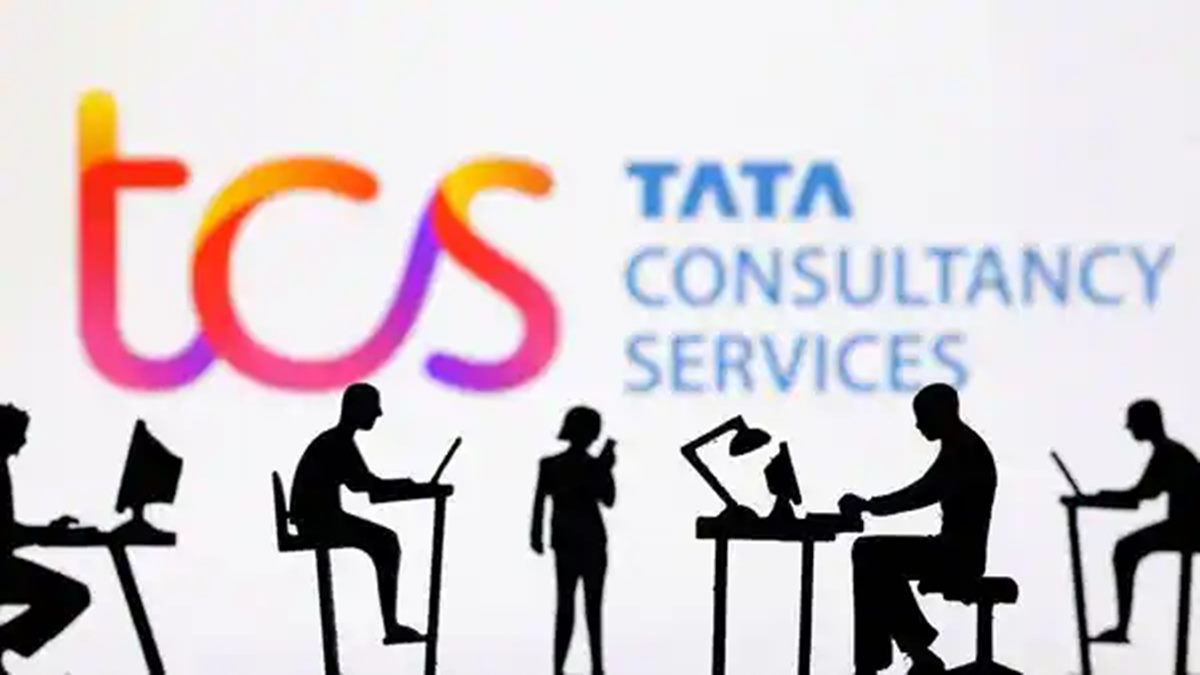With India leapfrogging developed countries to rank as one of the largest digitally advanced countries globally, the financial services industry is likely to benefit significantly. This is especially true for our industry, where life insurers have been increasingly integrating advanced digital technologies to widen insurance access and introduce increasingly personalised protection solutions.
This is why there is a pressing need to upskill insurance agents, distributors, and the entire frontline workforce in technological capabilities. The people team—Human Resources—will play a pivotal role in ensuring that the workforce is future-ready, equipped to meet evolving technological demands and deliver enhanced customer experiences.
Identifying transformative technologies and skills
As life insurers recognise the importance of attracting skilled AI engineers and automation specialists, HR leaders will have to understand which technologies and skills are necessary to modernise core insurance operations. These include advanced digital technologies such as artificial intelligence (AI) and machine learning (ML), which are transforming traditional insurance processes.
Additionally, data science and predictive analytics skills are proving essential for extracting insights from large volumes of data to enhance customer and employee experiences.
Likewise, they will need to enhance internal security standards by recruiting cybersecurity professionals who are proficient in implementing robust countermeasures against the ever-increasing cyber risks.
In customer-facing roles, the ability to communicate clearly, interpret data effectively, and apply analytical thinking is becoming increasingly vital. These skills not only help deliver seamless and personalised customer experiences, but also enable faster, more accurate decision-making—allowing businesses to respond swiftly to opportunities across the insurance value chain.
Empowering and upskilling our frontline sales employees with AI-powered solutions to personalise those customer conversations and recommend the right products can also go a long way in driving better outcomes.
Strategic talent planning for a digital-first insurance industry
Even as insurers focus on increasing digitisation to boost business growth and extract operational efficiencies, most of these organisations lack an adequate talent pool to execute the changes and maximise opportunities provided by digital transformation.
While firms are quick to shore up investments towards AI and other digital technologies, they often lack well-defined talent strategies to identify skill gaps and address them effectively. In that sense, HR must align the recruitment strategy with business goals with an emphasis on recruiting external talent for tech-led roles and building internal capacities through upskilling initiatives.
An innate focus is needed on improving AI capabilities by extending tech-led courses for employees, thereby enhancing their skill sets and bringing them up to par with current AI-driven advancements.
Similarly, employees can be counselled on data analytics skills through relevant courses and on-the-job learning to create an internal talent pool of professionals skilled in applying mathematical & statistical methods to enable data-driven decision-making, which includes assessing ever-evolving insurance risks.
Implementing learning infrastructure for workforce transformation
While scouting for talent is often necessary when integrating advanced technologies like Generative AI (Gen AI), HR leaders and managers should develop and conduct internal upskilling programs to upskill existing employees and create an internal digital & data-first talent pool.
This entails setting up an omnichannel learning and development (L&D) infrastructure that utilises digital, classroom and on-the-job learning strategies to upskill the organisational workforce. Furthermore, considering the evolving technological landscape, L&D programs and curricula should be revised and upgraded periodically to reflect the on-the-job skills required across different job roles within the organisation.
Lastly, HR must lead from the front in providing an employee experience that is driven by data and technology.
On their part, employees need to take a proactive approach towards learning technologies like AI & ML, which are becoming increasingly relevant for job roles in actuarial or operations. Similarly, employees across functions need to be comfortable with tools like Power BI and Tableau to ensure data fluency becomes a core skill for effective data storytelling.
Structured initiatives, such as mentor-mentee programs, can help new recruits understand legacy processes more quickly while also fostering deeper interpersonal bonds between them and seasoned professionals.




















